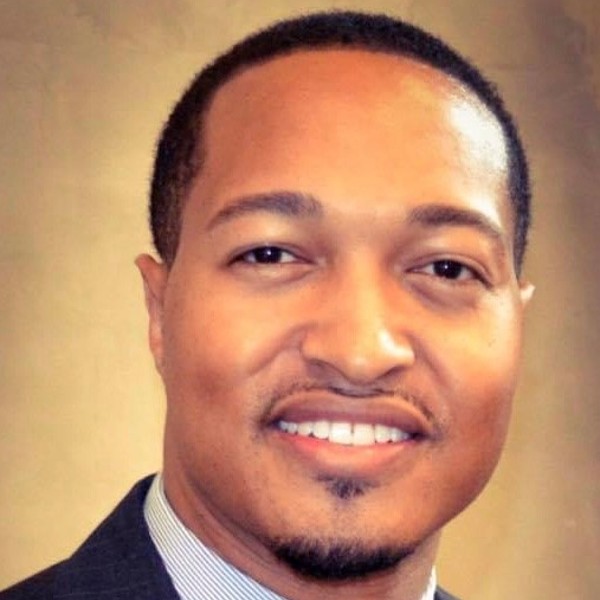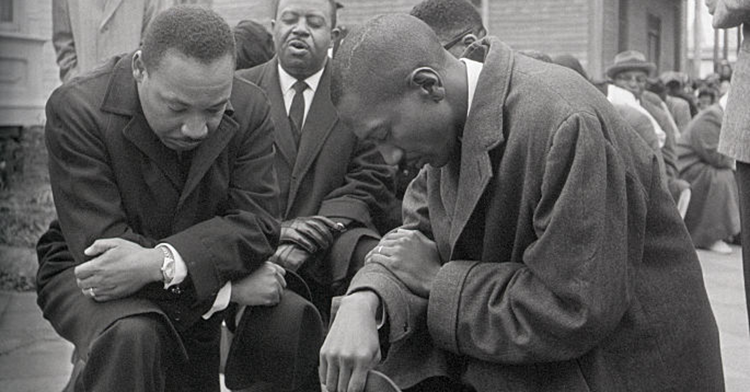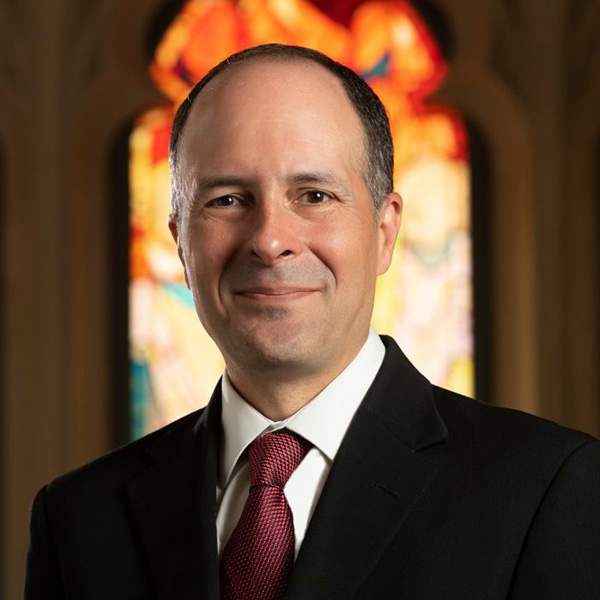The world is conflicted and filled with noise, and many look to faith communities for answers. The church, eager to prove its relevance, often rushes to provide solutions.
What if, instead of an attempt at relevance, we sought to listen? What if the wind of Pentecost called us not to roar from dusty sanctuaries but to simply be still and allow the Spirit’s breath to renew us?
And what if the gift of speech at Pentecost was not primarily a mandate to speak truth to power but an invitation, first, to listen to the powerless, such that our speech would reflect the inclusive scope of that first Pentecost?
In our rush to restore order, I wonder if we have overlooked the deeper question that Pentecost’s liturgical observance poses, not “What should we do?” but “What should our posture be?” The latter question lies at the heart of Christian ethics — our living lives of faithfulness to Jesus Christ and the work of building just communities.
On the day of Pentecost, as Scripture recounts in Acts 2:1-4, the disciples experienced powerful signs — a rushing wind, tongues of fire, the ability to speak in other languages. These signs have been interpreted in many ways over the millennia.
The late Rev. Dr. Kenneth James’ interpretation is that the wind represents God’s life-giving breath, the fire signifies God’s presence and acceptance, and the empowered speech is a unified witness to God’s wonderful works.
This understanding emphasizes that the outward expressions of Pentecost were preceded by a profound encounter with the divine, a receptive posture that might parallel the inner work of silence and discernment we are called to today.
It’s a different emphasis from readings that call for an unapologetically relevant faith, pointing to the wind, fire and speech of Pentecost as symbols for a vocal, justice-seeking church.
I believe that Pentecost demands social justice. However, more activistic interpretations of what Pentecost calls us to often have led the institutional church to either clash with, cooperate with or remain oblivious to the machinations of power. But if we protest against injustice, do our protests truly create change?
This type of Pentecost response, fueled by reactive engagement and a thirst for relevance, runs the risk of ultimately failing to challenge the existing order, especially if we speak out without fully understanding the complex realities we face.
But silence does not imply inaction. Rather, it is a call to a deeper discernment, a space to listen to the wisdom of the marginalized and oppressed, and a recognition that true transformation often begins within.
Consider the Civil Rights Movement of the late 1950s and early 1960s. While it featured significant acts of civil disobedience and protest, its power was also deeply rooted in quiet reflection and spiritual discipline.
Leaders like the Rev. Dr. Martin Luther King Jr. drew immense strength and strategic clarity from moments of prayer, theological contemplation and a profound commitment to nonviolence grounded in faith, as David J. Garrow details in “Bearing the Cross: Martin Luther King Jr. and the Southern Christian Leadership Conference.”
This contemplative silence was not merely personal piety but a wellspring of moral authority and a crucial element in discerning a path forward that was both ethically sound and strategically effective in the face of brutal oppression.
The deliberate periods of reflection within the Southern Christian Leadership Conference, as Garrow chronicles, demonstrate how inner stillness, informed by Christian ethical principles and the cultivation of moral integrity, could fuel transformative outward action rooted in love and justice.
Similarly, some activists have embraced the practice of contemplative prayer as a means of developing inner peace, mental clarity, and compassion for all living things.
This type of silence is never a retreat from the world’s real issues but a way to engage with the world more honestly, to see the interconnectedness of all things and to act with intentional compassion.
In another example, the Spirit-centric practices of Latine Pentecostalism in the borderlands have fostered empathy and a commitment to justice within Latine communities. They offer a model of a church that truly listens to and stands with the marginalized, as Candler School of Theology professor Jonathan Calvillo explores in his recent book, “When the Spirit Is Your Inheritance.”
Calvillo highlights testimonios (testimonies) — personal narratives of divine encounter deeply rooted in interior listening and reflection — as central to these communities. This interior process, I argue, mirrors a vital yet often overlooked aspect of Pentecost: receptive silence. For marginalized borderland people, this cultivated interiority finds expression and strength in the testimonios. These moments of quiet faith are a crucial source of resilience and strength amid ongoing hardship.
The strength found in this inner stillness suggests a different kind of power for the church in our moment. This Pentecost, perhaps the church’s most prophetic act would be not to rise up and declare its presence but to kneel down and embrace its vulnerability.
We must admit that we lack all the answers and that our attempts to transform the world often have unintended consequences. By creating space for listening — whether through prayer, meditation or simply intentional stillness — we can better discern the nuances of injustice and the authentic needs of the marginalized.
By asking different questions, we open ourselves to different answers.
In the stillness of Pentecost, we may find that the most radical act of faith is to let the Spirit change us. This transformation begins not with audacious action but with fearless surrender and intentional listening.
This Pentecost, perhaps the church’s most prophetic act would be not to rise up and declare its presence but to kneel down and embrace its vulnerability.














